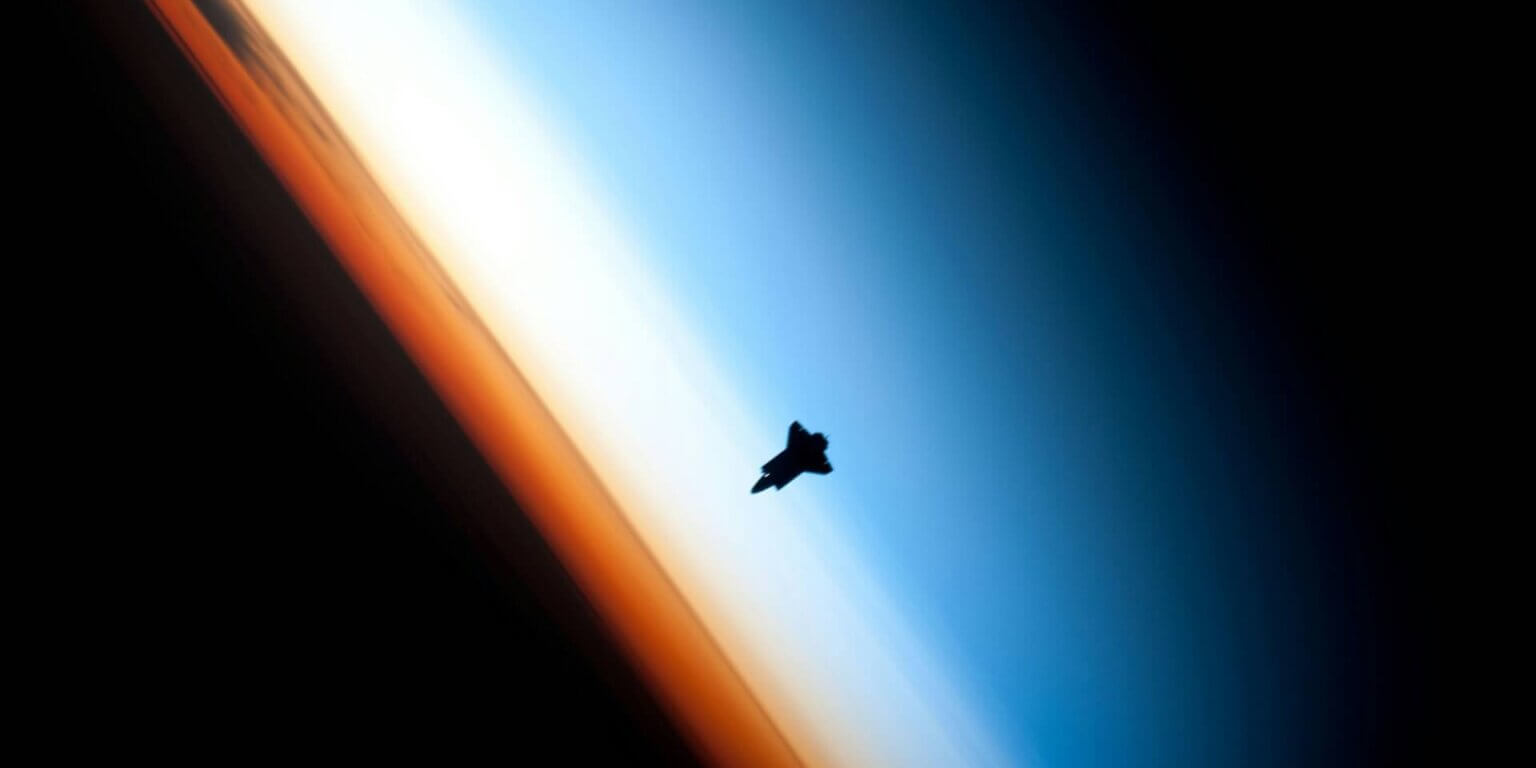
The main objective of the Committee on Space Research (COSPAR) Capacity-Building Workshops is to encourage the scientific use of space data by scientists in developing countries. The Workshops tap into the large number of extensive archives of data from past and current space missions and the online analysis software tools via the internet. Thus, a typical workshop aims to provide a highly practical training in the use of one or more of these data archives.
In line with this objective, a two-week COSPAR capacity building workshop will introduce data analysis of space-based white-light coronagraph observations and radio spectral and imaging observations from space and ground to study shocks driven by coronal mass ejections (CMEs). In particular, the wealth of data accumulated at the CDAW Data Center at NASA Goddard Space Flight Center from the ESA/NASA Solar and Heliospheric Observatory (SOHO) mission, NASA’s Solar Terrestrial Relations Observatory (STEREO), NASA’s Wind and Advanced Composition Explorer (ACE) missions will be used. Data on type II radio bursts, which are signatures of shocks near the Sun, are obtained from the e-CALLISTO network and the Radio Solar Telescope Network around the globe will be used for the study. Context information from NOAA’s GOES mission and NASA’s Solar Dynamics Observatory (SDO) missions will be used.
This workshop will enable scientists and students in developing countries where the e-CALLISTO instruments are deployed to use their data in conjunction with space data to study Earth-affecting solar transient phenomena. In particular, scientists from Uzbekistan, Kazakhstan, Kyrgyzstan, Tajikistan, Turkmenistan, Azerbaijan, Armenia will be targeted as participants. After the workshop, the participants will be able to perform correlative data analysis on CMEs and shocks, thus contributing to the progress of this important field in Sun-Earth connection.
The workshop will consist of a series of introductory lectures on the Sun, Solar Corona, Interplanetary medium, Solar Eruptions, Shocks, and Solar Radio Bursts. Python software and web-based tools will be introduced for data analysis. Several projects will be undertaken by teams consisting of lecturers and students that may lead to publications in scientific journals. The participants will also have the opportunity to apply for COSPAR fellowships to work with the lecturers after the workshop. Complete details of the workshop including application forms can be found in the workshop web site.
Potential applicants are Masters and PhD students from in Uzbekistan and other countries in the region (Kazakhstan, Kyrgyzstan, Tajikistan, Turkmenistan, Azerbaijan and Armenia). Applications from post-docs and young faculty members showing proven interest to moving into radio astronomy, with emphasis on CME and type II solar radio bursts, will also be welcome. Deserving candidates from other parts of the world can also apply.
The scientific background of the applicants is the primary criterion to select participants: Scientific background, ability and potential, likelihood of benefiting in research career from attending the workshop, and relationship to relevant home country scientific policies.
Applicants need to provide (i) a CV, (ii) a one-page description of their research to date, (iii) an explanation on how they would use the workshop to further their research, and (iv) a supporting recommendation from their supervisor or head of department. Applications that do not include these four documents will be noncompliant and rejected. To apply and request financial support click below: Registration Form | Financial Support Form